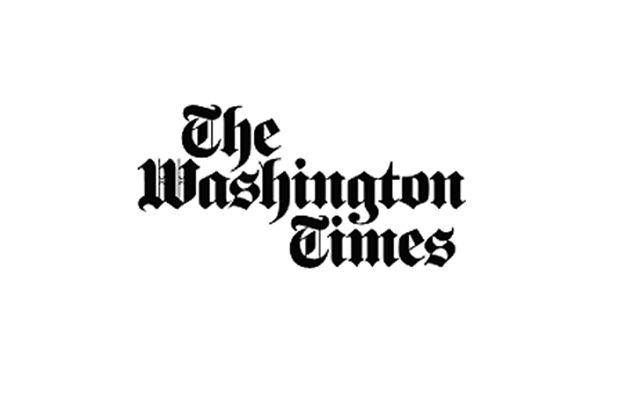Geoffrey Roberts
Geoffrey Roberts, an expert on Russian and Soviet foreign policy, is an emeritus professor of history at University College Cork and a member of the Royal Irish Academy. His latest book, Churchill and Stalin at War, will be published in the spring.
Liberal commentators are highly critical of President Donald Trump for what they see as a cozy relationship with Russian President Vladimir Putin. But in their fury they’re missing the bigger picture: Trump’s stance on Russia may augur a return to a consensus between the U.S. and Russia on how to run the world.
At the Yalta and Potsdam conferences in 1945, the leaders of the allied coalition—the U.S., U.K, and Soviet Union—that defeated the Axis powers proclaimed a peacetime grand alliance, intending to use their collective power to guarantee peace and security for all countries. Implicit in this perspective was the division of the world into spheres of influence that would both separate and harmonize the interests of the three great powers.
That collaboration would be buttressed by multilateral institutions such as the newly created United Nations. The UN Security Council’s much-maligned veto system was designed to ensure great power consensus on critical security issues, while the Council of Foreign Ministers established at Potsdam was tasked to negotiate postwar Europe’s territorial-political order.
This new world order would be based on some shared values, including protections for freedom, democracy, and human rights. But none of the great powers would have the right to impose their politics and culture on the rest of the world. Free trade economics would spread but would coexist with other forms of economic organization. Above all, this projected postwar order would be based on one fundamental universal moral value: no more war.
Alas, this idealistic great power compact collapsed when the grand alliance itself disintegrated shortly after the war, not least because of lack of clarity about the spheres of influence arrangement. A far worse alternative—the Cold War—ensued, ushering in an era of dangerous conflict and confrontation that spawned numerous wars, military interventions, brutal dictators, coups, and catastrophes, as well as the proliferation of nuclear arsenals that continue to threaten the very existence of humanity.
When Trump spoke about American-Russian cooperation during World War IIat his press conference with Putin in Helsinki, the American president alluded, perhaps, to the possibility of a grand alliance alternative to the conflicts and tensions of the post-Cold War era.
If so, he will find a willing partner in Putin. A yearning for a return to the grand alliance has been a persistent theme of Russian foreign policy. After 9/11, Putin offered such an alliance to George W. Bush, but was spurned in favor of American unilateralism in Iraq and Afghanistan. Under Barack Obama, the so-called reset in U.S.-Russian relations promised a return to collaboration, but such hopes were dashed by Western military intervention in Libya in 2011 and by Russia’s unilateral response to the Ukrainian civil war in 2014.
A new grand alliance may seem like a utopian dream. But history shows that cooperation between the world’s two great nuclear powers is both possible and necessary. Franklin Roosevelt collaborated with Stalin to defeat Hitler. Eisenhower worked to defuse the tensions of the Cold War after Stalin’s death in 1953. Brezhnev and Nixon created the détente of the 1970s. Reagan abandoned his hardline anti-Soviet policies and embraced Gorbachev’s glasnost revolution in the U.S.S.R.
Trump did not betray America in Helsinki; he opened a dialogue with Putin that could and should lead to fruitful and potentially far-reaching collaboration between the U.S. and Russia.
Standing in the way of cooperation are the fraught U.S. domestic politics of the Russiagate controversy. Unfortunately, it’s doubtful that Trump has either the temperament or the political skills to navigate his way to a beneficial partnership with Putin’s Russia.



_jpg/250px-ElbeDay1945_(NARA_ww2-121).jpg)








